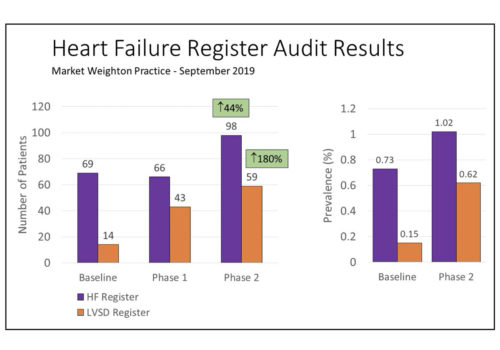Antiplatelet (usually aspirin) and anticoagulant (usually warfarin) treatments are available to reduce the risk of stroke in patients with atrial fibrillation (AF) but both have potentially harmful adverse effects and warfarin can be time-consuming and expensive to monitor. Guidance exists for choosing between treatments but is often insufficiently detailed to support an informed choice about the risk and benefits. Prescribers and patients are often left with a choice between aspirin or warfarin, and aspirin – which is perceived to be safer and easy to use – is often chosen. This article explores the evidence for aspirin and warfarin in preventing stroke in patients with AF, and describes how we should change the way that decisions about treatment are made.























